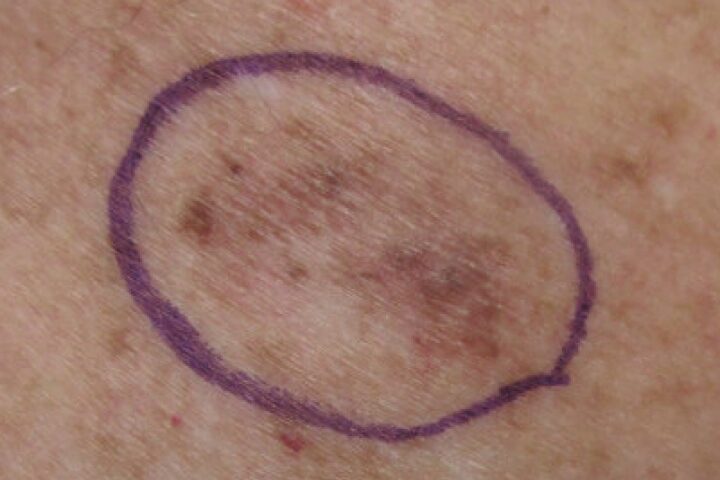More than half of all diseases in India come from poor eating habits. This finding comes from doctors at AIIMS (All India Institute of Medical Sciences), who are seeing more patients with health problems caused by what they eat.
“Indians are eating more foods that they shouldn’t,” says Dr. Parmeet Kaur, Chief Dietician at AIIMS. She explains that 56 out of every 100 diseases in India happen because people aren’t eating the right foods. This problem isn’t just in India – it’s becoming worse across the world.
Most Indians don’t eat enough protein-rich foods like dal and legumes. They also skip fruits and vegetables, which protect against many diseases. Instead, many people choose fried snacks and packaged foods that can harm their health over time.
Over 77% of Indian children between 6 months and 2 years old don’t get all the different types of food they need to grow properly. This is worse in central Indian states, where many families struggle to get varied foods.
Similar Posts:
Dr. Monita Gahlot, Senior Dietician at AIIMS, says many people don’t know they need different types of food each day. “Your daily meals should mix vegetables, grains, proteins, dairy, and healthy fats,” she explains. Right now, only 28 out of 100 Indians eat all these food groups regularly.
What should people eat? Doctors recommend eating 400 grams of fruits and vegetables every day. Dr. Kaur suggests eating more sprouts, which are packed with Vitamin C, B complex, zinc, and selenium that keep the body healthy. She warns against eating too much oil and falling for marketing that makes unhealthy foods seem good for you.

The Indian Council of Medical Research (ICMR) has noticed these problems too. In 2024, they released new guidelines for healthy eating. These guidelines warn that more Indians are buying processed foods high in sugar and fat, while also exercising less. When people make these dietary choices and remain inactive, it affects their overall health.
“We’ve gotten better at fighting infectious diseases,” says Dr. M. Srinivas, AIIMS Director. “Now we need to tackle these lifestyle diseases and obesity.” He believes teaching children about healthy food choices is crucial for their long-term health.
The solution isn’t complicated, but it requires change. Based on the ICMR guidelines and doctor recommendations:
- Eating plenty of vegetables and legumes
- Including good quality proteins in daily diet
- Reading food labels to make informed choices
- Staying physically active and exercising regularly
- Making children aware of junk food’s impact
When people follow these dietary guidelines, they’re more likely to prevent diet-related diseases. While changing eating habits takes time, doctors emphasize that a balanced diet and exercise are essential for good health.

















